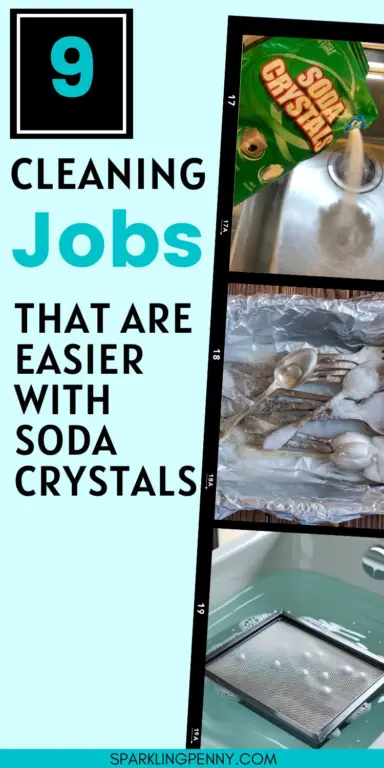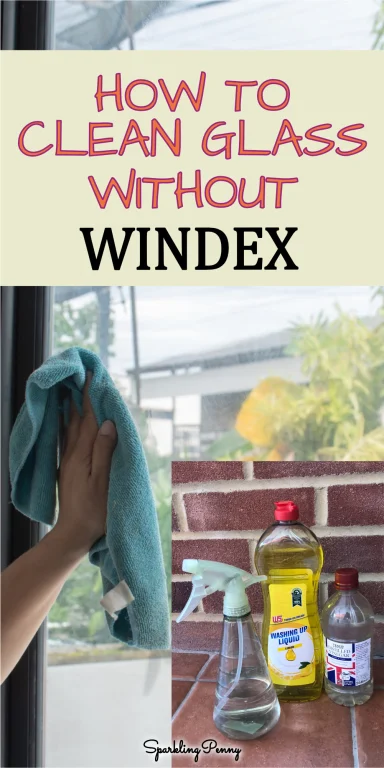The other day, I clean forgot to put soap in the dishwasher (excuse the pun). It wasn’t until the dishwasher was well into the wash that I realized I probably should have put some soap in! I was curious to know if it would still wash, so I decided to let it finish. And you know what? Everything came out perfectly clean.
If you are out of dishwasher detergent, or you are wondering if forgetting soap will prevent your dishes from cleaning properly, the answer is ‘no’ you probably won’t notice any difference. However, don’t make a habit of washing your dishes that way. It’s fine to miss out on the soap once in a while, but dishwasher powder does more than clean dishes. You could actually be damaging your machine if you regularly run a wash without any sort of detergent.
Read on to find out why leaving detergent out of the machine is fine for a one-off, but probably not for every day. You run the risk that money saved on detergent could end up being spent instead on a new machine. Your dishwasher may even start to smell like wet dog.
If you are set on avoiding normal detergent, I have a recipe for a super-easy homemade dishwasher soap to share using ingredients you probably have in your cupboard already (no borax).
But first, let me share my ‘no soap’ experiment.
Heads up: I sometimes use affiliate links. When you click these links and make a purchase, I may get a small commission. It won't cost you anything but it helps me to run this site.
The experiment
The first time I ran my machine without a dishwasher tablet was in a moment of forgetfulness, so obviously, I didn’t take a picture at the time!
So for the sake of this experiment, I ran it again, this time taking a picture before and after.
So, here is the machine with the dirty dishes. As you can see, it is mainly crockery and cutlery with a few cooking utensils on the top.

I then ran my usual cycle, which is a 50-degree eco wash that takes about 45-minutes to run. This machine also has a 65-degree program with a more intense wash, but I don’t usually use that cycle. It would have been a better choice when not using detergent. But, I wanted to make this experiment comparable, so I used the 50-degree option.

You can probably see from the picture that the dishes look pretty clean, and indeed they were when I took them out. There was no food left on anything, and everything seemed perfectly clean. No one in our family noticed a difference.
Had I run a wash with some very greasy items, then the result might well be very different. But, for a wash like this, I was pleasantly surprised at how clean the dishes were when washed with just water.
It’s difficult to know how sanitary the dishes were. But I guess that they were no less sanitary than they would have been if I had hand-washed.
How does dishwasher detergent work?

Regular dishwasher detergents contain several ingredients that clean your dishes and protect your dishwasher.
Unfortunately, dishwasher detergent manufactures are very secretive about what their product contains. But here is a typical make-up:
- Phosphates – to help to reduce limescale buildup.
- Bleaching agents – to break up and bleach food deposits.
- Non-ionic surfactants – lowers the surface tensions of the water, emulsifies oil and prevents watermarks.
- Enzymes – digests protein-based food deposits.
- Anti-corrosion agents – prevents corrosion of dishwasher components.
Your particular detergent may not contain phosphates. Phosphates are being phased out in favor of enzymes due to the damage that they cause when released into the environment. Enzymes can be safely flushed into the environment because they break down easily and end up being eaten themselves by common bacteria.
Dishwasher detergent has three main tasks:
- Changes the water by softening it and altering the surface tension.
- Uses bleaching agents and enzymes to break down the food deposits.
- Protects your machine by preventing rust and limescale deposits from hard water.
As well as cleaning, the detergent works to change the environment that your dishes wash in, which includes softening the water and changing its surface tension. The enzymes and bleaching agents help to break down the food deposits.
The dishwasher detergent combined with hot water helps to clean the dishes and sanitize them, as well as protect your machine.
Is dishwasher detergent necessary?
Dishwasher detergents work in tandem with hot water. The detergent helps to break down food deposits, and the hot water helps to break down grease further and sanitize.
If you take away the detergent, you reduce the cleaning power of your dishwasher, which includes its ability to effectively remove grease and to protect the machine.
If you take care to rinse excess food from the dishes, you can get a similar result without using detergent at all because the hot water takes up the slack.
If you were to regularly wash with water only, your dishwasher might not last as long because it is not being protected from corrosion and hard-water deposits that detergent affords. If you live in a hard-water area, this would be of particular concern.
Added to that, grease is not broken down as effectively. You might find your machine getting clogged up with grease, and it will probably start to smell bad.
The money you save on dishwasher detergent might not be worth it if you have to pay to have your machine fixed as a result.
Does the dishwasher sanitize without soap?
Your detergent will most likely contain oxygen-based bleaching agents, which along with hot water helps to kill pathogens (bacteria).
If you don’t use soap in your dishwasher, then you still have the benefit of the hot water. At the end of the cycle, the dishes are rinsed with very hot water. At that point, the detergent (if you had used it) has been washed away, and it is the temperature of the water that does the sanitization.
How do you wash dishes in a dishwasher without detergent?
If you plan not to use a dishwasher tablet in your wash, then here are some tips for getting the best result.
- Rinse as much of the food away from the dishes as you can before you put them in. That way, you give your machine a head start and get the best possible outcome.
- Don’t attempt to wash very greasy pots and pans. You will get the best result with normally soiled crockery and cutlery.
- Make sure you have added salt to the dishwasher reservoir, and if you have already added rinse-aid to the machine, that is fine to leave in and will give you a better wash.
- Select your normal cycle, but if you want greater sanitization, select a higher temperature.
- Try to alternate washes, one wash with detergent and another without so that your machine has some protection from grease and limescale buildup.
- Keep your dishwasher clean. When you don’t use detergent, your dishwasher can start to smell. Keep the bottom of your dishwasher clean with these tips.
Read next:
How to make your own homemade dishwasher detergent (without borax)












